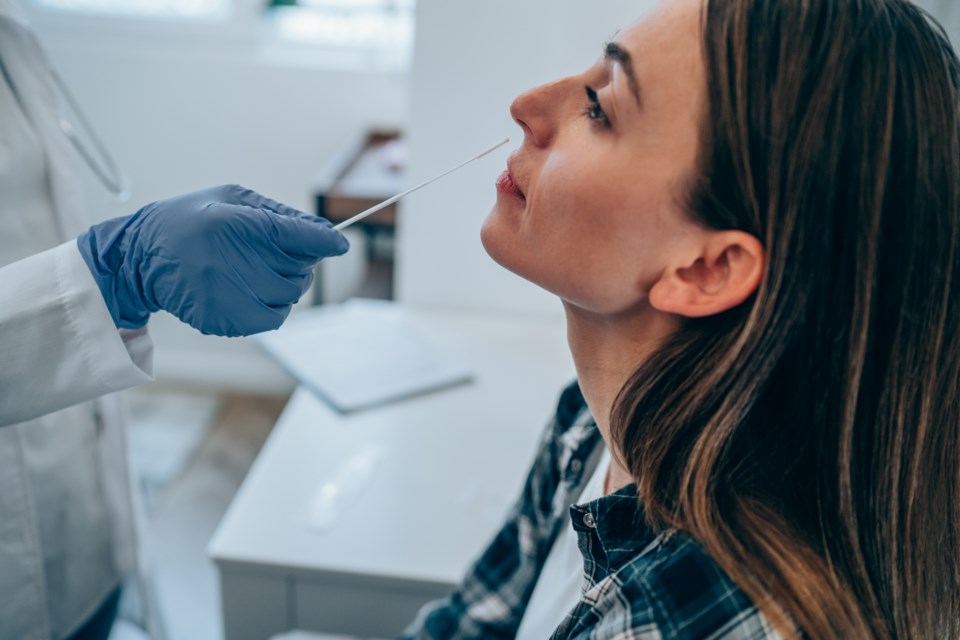A normal New Year prompts reflection on the year past. What were the highlights? What did you learn? How did you grow?
You are not alone if the days, weeks and months of the past year – devoid of many normal social activities - seemed to blend together punctuated by the disasters of deadly heat and floods and the waves of the Delta and now the Omicron variants.
In the past, we would resolve to adopt new habits or personal projects, but you might be holding back on taking more control over your life with the uncertainties of the current Tsunami wave of the pandemic.
Let’s take stock of what we know so far about the Omicron variant.
1. It is much more contagious than the Delta variant, but you probably already knew that. Almost everyone has a friend or family member who became sick in the past month.
2. It has a shorter incubation time (the time from infection to the onset of symptoms) of approximately three days.
3. Double vaccination reduces your risks of severe infections although you can still become infected and spread it to others. Getting your booster provides further protection against more severe illness. If you are unvaccinated, you are more likely to have more severe illness.
4. If you are infected with the Omicron variant, you are most contagious to others one or two days before you start experiencing symptoms and two or three days after.
This may be part of the reason authorities have reduced the self-isolation time from 10 to seven to five days over the past weeks. As of last Friday, Dr. Bonnie Henry advised that vaccinated individuals with COVID-19 need only self-isolate for five days but wear a face mask and social distance for a further five days (i.e. 10 days total from the onset of symptoms). Unvaccinated individuals with COVID-19 must still self-isolate for 10 days.
Unfortunately, testing sites have been overwhelmed by the sheer numbers of symptomatic individuals, and the majority of those infected with COVID-19 will not be able to get a test. Those who do test positive have no way of knowing what variant they are infected with. There is an assumption that everyone will have the Omicron variant.
5. Three reports from England, Scotland and South Africa suggest that the Omicron variant has a 40 to 80% lower rate of hospitalization compared to Delta. These reports are not yet peer-reviewed and published so we remain cautiously optimistic.
We have to accept that which is beyond our control – including the phases of the pandemic, public health orders and the behaviour of others - but given our personal goals and values, where will we devote our time, energy and attention?
What positive actions can we each take to regain a sense of control, well-being and connection to the people in our lives? What can we do for others?
Our current knowledge can inform how you choose to move forward and make the most of 2022 while staying reasonably safe.
Being fully vaccinated and receiving the booster when you are able will reduce your risk for a serious infection even with the Omicron variant.
Continue to wear face masks – preferably the much more effective N95s – when indoors outside of your home.
Stay connected with your social network but choose carefully with whom you will meet face to face. Meeting up with friends to eat or drink may increase the odds that you’ll contract the Omicron variant and pass it on to others.
I’ll be giving a free online talk on The Keys to Positive Change at 7 p.m. on Thursday, Jan. 20. As part of the Burnaby Division of Family Practice’s Empowering Patients public health education program, I’ll share practical tips for improving your well-being and making positive changes that last. These are the secrets that my patients and I have successfully used to transform new habits into healthy routines that stick.
Dr. Davidicus Wong is a family physician. His Healthwise Column appears regularly in this paper. For more on achieving your positive potential in health, read his blog at davidicuswong.wordpress.com.



